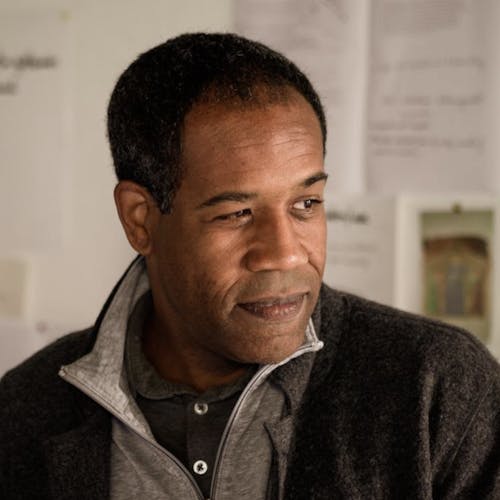DeVos' proposed changes to Title IX may affect student affairs' sexual misconduct investigations

Secretary of Education Betsy DeVos recently proposed a change to Title IX requirements that would narrow schools’ obligations to respond to sexual misconduct allegations, according to The Seattle Times.
At Rutgers, the Office of Student Affairs Compliance and Title IX investigates allegations of sexual violence against students.
Michael Abdallah, the director of Marketing and Communications for the Division of Student Affairs, said the office follows the current guidelines outlined by Title IX. When the office receives a complaint, investigators contact the complaint party to see if they want to proceed and then the office assesses if the University should proceed with the case.
“If the case proceeds to an investigation, trained investigators interview and gather evidence from the complaint party, responding party and all witnesses,” he said. “Each interview is documented and all information is summarized in a comprehensive investigation report that is shared with both parties.”
Abdallah said the outcome of the case depends on a number of factors. The most significant factors for the concluding termination are the University’s jurisdiction over the parties, the incident and the complaint party’s desire to move forward with the process.
The Title IX law, under the subsection “Student Policy Prohibiting Sexual Harassment, Sexual Violence, Relationship Violence, Stalking and Related Misconduct,” states that hearing officers will impose sanctions under four main guidelines. They should make a determination that is fair and appropriate given the facts of the case, consistent with the University’s handling of similar cases in the past, adequately protects the safety of the campus community and reflects the seriousness of sexual misconduct.
If a student accepts responsibility following an investigation, the conduct officer determines sanctions based on the policy’s criteria. And, if a student denies the allegation after an investigation, the case goes to a hearing where the assigned hearing officer determines appropriate sanctions.
“Again the outcome of each case depends on a number of factors,” Abdallah said. “Sanctions range from expulsion, suspension, probation, reprimand, etc.”
In some cases, he said, both parties choose to utilize an alternative resolution, such as restorative justice, issuing no-contact orders, relocating students in residence halls or changing class schedules.
Over the last three years, Abdallah said Student Affairs focused on raising awareness of support resources and the importance of reporting.
He said during the 2015-2016 academic year, the office received 85 reports of possible policy violations, in 2016-2017 they received 110 and in 2017-2018, 148.
DeVos’s proposed changes would require schools to respond to allegations of sexual misconduct only when an official report is filed, according to the article. Schools would be allowed to require higher standards for an investigation and would not have to investigate off-campus allegations.
These proposals came after recent protests in response to the sexual assault allegations placed against then Supreme Court nominee Brett Kavanaugh. The Daily Targum reported in early October of a protest held outside Brower Commons over Dr. Christine Blasey Ford’s accusations against the now Supreme Court justice.
The protest, according to the Targum, was held by survivors of sexual assault and harassment survivors as well as allied advocates and aimed to raise awareness of sexual violence.
At the time of the event, the founder of Rutgers Students With Children, Anjanette Vaidya, said, “Tonight was about making room for a public kind of reclaiming of this institution as a place where our voices can actually be heard.”



